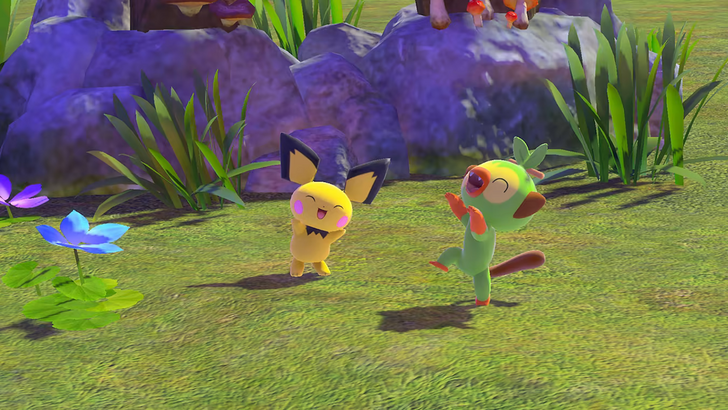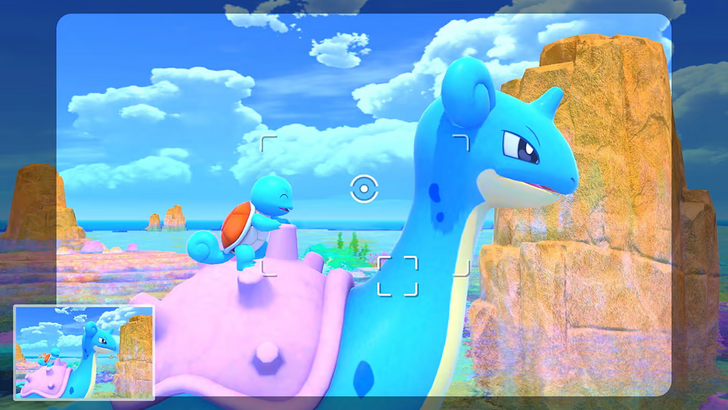
Nintendo achieves a groundbreaking milestone in China with the release of New Pokemon Snap. Discover why this title marks the franchise's first official Chinese launch and what it means for gamers across the country.
New Pokemon Snap Arrives in China at Last
A Momentous Entry for Pokemon in China

July 16 witnessed gaming history as New Pokemon Snap became the first officially distributed Pokemon title in China since the nation's two-decade console prohibition. Originally released worldwide in April 2021, this photography adventure breaks new ground twenty-one years after China's controversial 2000 console ban - later lifted in 2015 over concerns about youth development. This watershed moment symbolizes Nintendo's long-awaited formal introduction to Chinese gamers following years of restricted access.
Nintendo's ambitious push into China's massive gaming market gained momentum through its 2019 partnership with Tencent to distribute the Switch. New Pokemon Snap's arrival represents a crucial victory in Nintendo's strategy to conquer this coveted territory. Their calculated expansion continues with plans to unveil several premium titles in China throughout this year.
Nintendo's Chinese Release Pipeline

Following this landmark Pokemon debut, Nintendo has lined up an impressive roster of games for Chinese gamers, including:
- Super Mario 3D World + Bowser's Fury
- Pokemon Let's Go Eevee and Pikachu
- The Legend of Zelda: Breath of the Wild
- Immortals Fenyx Rising
- Above Qimen
- Samurai Shodown
This diverse selection demonstrates Nintendo's commitment to establishing a strong foothold in China's competitive gaming landscape through both classic franchises and fresh experiences.
Pokemon's Unofficial Chinese Legacy

The recent launch reveals an intriguing paradox - while never officially available, Pokemon maintained a passionate Chinese fanbase that found creative ways to access the games. From importing overseas copies to dealing with counterfeit versions, Chinese gamers demonstrated remarkable dedication. Just this June, authorities apprehended a woman smuggling 350 Switch games concealed in her clothing, highlighting the extreme measures some took before this official release.
Nintendo previously attempted to navigate China's complex market through the iQue Player, a discreet repackaging of Nintendo 64 technology developed in the early 2000s to combat rampant piracy. This innovative solution involved embedding all hardware within a controller-shaped device.

Gaming communities have noted the impressive feat of Pokemon attaining worldwide fame despite lacking official distribution in one of earth's largest markets. Nintendo's current strategy signals a decisive shift toward legitimizing its presence in China, potentially unlocking tremendous growth in the region.
This gradual reintroduction of Nintendo's flagship franchises to China represents a transformative chapter for both the company and its Chinese audience. As gamers celebrate these hard-won official releases, the future appears bright for Nintendo's expanding presence across mainland China.















